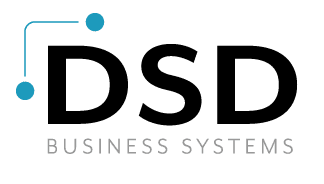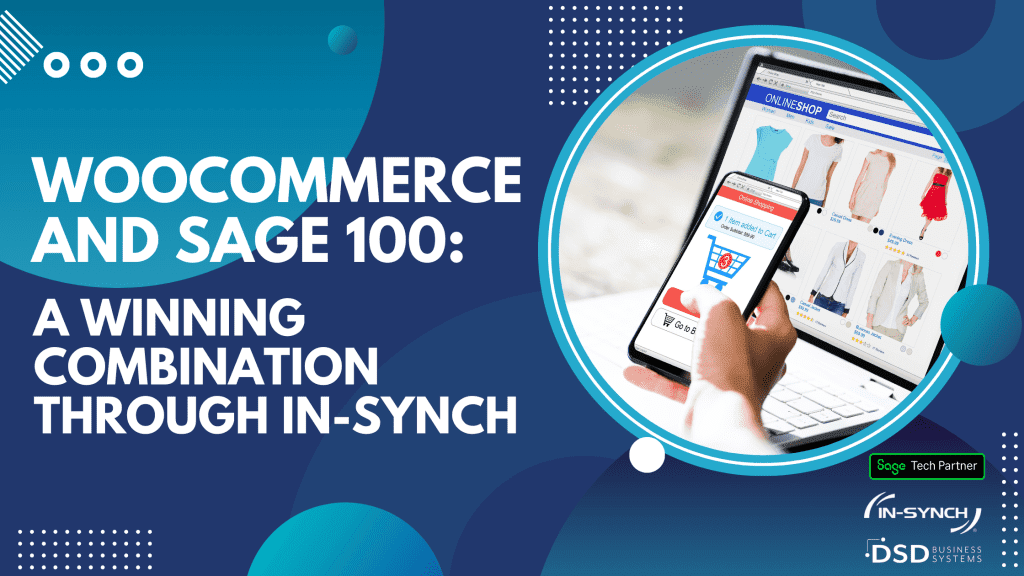How Legal Compliance Drives ERP Adoption
Many business factors drive ERP software adoption, not the least of which are the desire to control costs, to make better and more up-to-date information available to decision-makers, and to provide world-class customer service.

But a new and important driver has surfaced in the past decade – the necessity to be in compliance with increased business-oriented legislation from all levels of government.
Let’s review some recently enacted regulations to see how they have affected ERP software functionality and demand.
Sarbanes-Oxley (SOX)
The Public Company Accounting Reform and Investor Protection Act (known as Sarbanes-Oxley after its sponsors) was passed in 2002 and set new or enhanced standards for all U.S. public companies. These new rules applied to board members, to corporate management and to the public accounting firms who audit them. It is also important legislation for any company considering an IPO.
SOX defines the communication between external auditors and corporate audit committees, and outlines the responsibility of corporate officers for the accuracy and validity of corporate financial reports. Substantial civil penalties for non-compliance are defined. SOX compliance is a requirement for any company subject to SEC regulation or for companies wishing to maintain the highest possible level of investor relations.
Products like Sage Intelligence and ReportFyi allow you to build custom financial reports and audit trails that are fully SOX-compliant. Moreover, electronic document storage and retrieval products like Doc-Link by Altec allow companies to easily store and access source documents for later examination by auditors.
FASB, IFRS and the IASB
These are organizations that publish national and international accounting standards. Section 52 of the FASB Standards (FAS 52) defines how companies that consolidate the results of foreign operations denominated in local currencies must translate the foreign financial statements into U.S. Dollars (USD).
Adhering to these standards is imperative when a company is consolidating financials from its international operations, or when a North American company is simply buying or selling its goods internationally. Failure to comply with FAS 52 can cause a company to run afoul of the IRS, or the CRA in Canada.
Sage 300, 500 and X3 are FAS 52 compliant, and DSD publishes its Multi-Currency Suite for Sage 100, which is FAS 52 compliant.
PCI-DSS Credit Card Information Standards
The Payment Card Industry Data Security Standard (PCI-DSS) is a proprietary information security standard for organizations that handle cardholder information for the major debit and credit cards. The current version of the standard was released in 2010 and it had a dramatic impact on virtually all ERP software.
ERP software no longer allows the user to store credit card information locally – it’s stored by a PCI-DSS certified processor. Smaller merchants and service providers must implement all controls defined by the PCI-DSS in order to maintain “safe harbor” and to avoid potential liability in the event of fraud associated with theft of cardholder data. Fines for non-compliance are substantial, and it is for that reason that ERP credit card processing options have narrowed in the past three years.
Sage Payment Solutions integrates seamlessly with all Sage ERP products, and has been certified by the Payment Card Industry Security Standards Council to be fully aligned with the new rules.
State Sales Tax Collection Enforcement
Marketplace Fairness Act of 2013 (MFA)
Since 2008, state budgets have been challenged and one of the ways that states have responded is by ratcheting up enforcement of sales tax collection. It is AvaTax by Avalara is a connected service that tracks all sales tax activity by jurisdiction, accurately reports it at the end of the fiscal period, and assists in the preparation of sales tax returns.
 It is not uncommon for sales tax audits to uncover tens or hundreds of thousands of dollars in misreported collections, and
It is not uncommon for sales tax audits to uncover tens or hundreds of thousands of dollars in misreported collections, and
when that’s added to the associated fines and penalties, it’s a life-threatening situation for most small companies.difficult enough keeping up with sales tax standards in your home jurisdiction, but when you combine that with multi-state sales and with new legislation (MFA) that proposes to tax consumers on all their internet purchasing activity, it can be a challenge for a small company to reasonably keep track of.
Patient Protection and Affordable Care Act (PPACA) of 2010
Usually referred to as Obamacare, this act will have a substantial impact on a small business’ HR department and employee record-keeping, particularly if that company employs 50 or more people. One of the aspects of the law is to make the availability of health benefits non-discriminatory, for regular staffers as well as for highly compensated individuals.
Under Obamacare, the penalty for benefits discrimination amounts to a fine of $100 per day per affected employee, which is daunting. Companies of over 50 employees should consider an HR package such as Sage HRMS, for accurately tracking and reporting health care and other employee benefits.
As noted, businesses of all sizes face many complicated compliance requirements. Fortunately, there are powerful ERP solutions available that simplify tracking, monitor compliance and ensure accurate record keeping so that these businesses can focus, first and foremost, on their customers!
Written by Doug Deane, President & CEO of DSD Business Systems.









